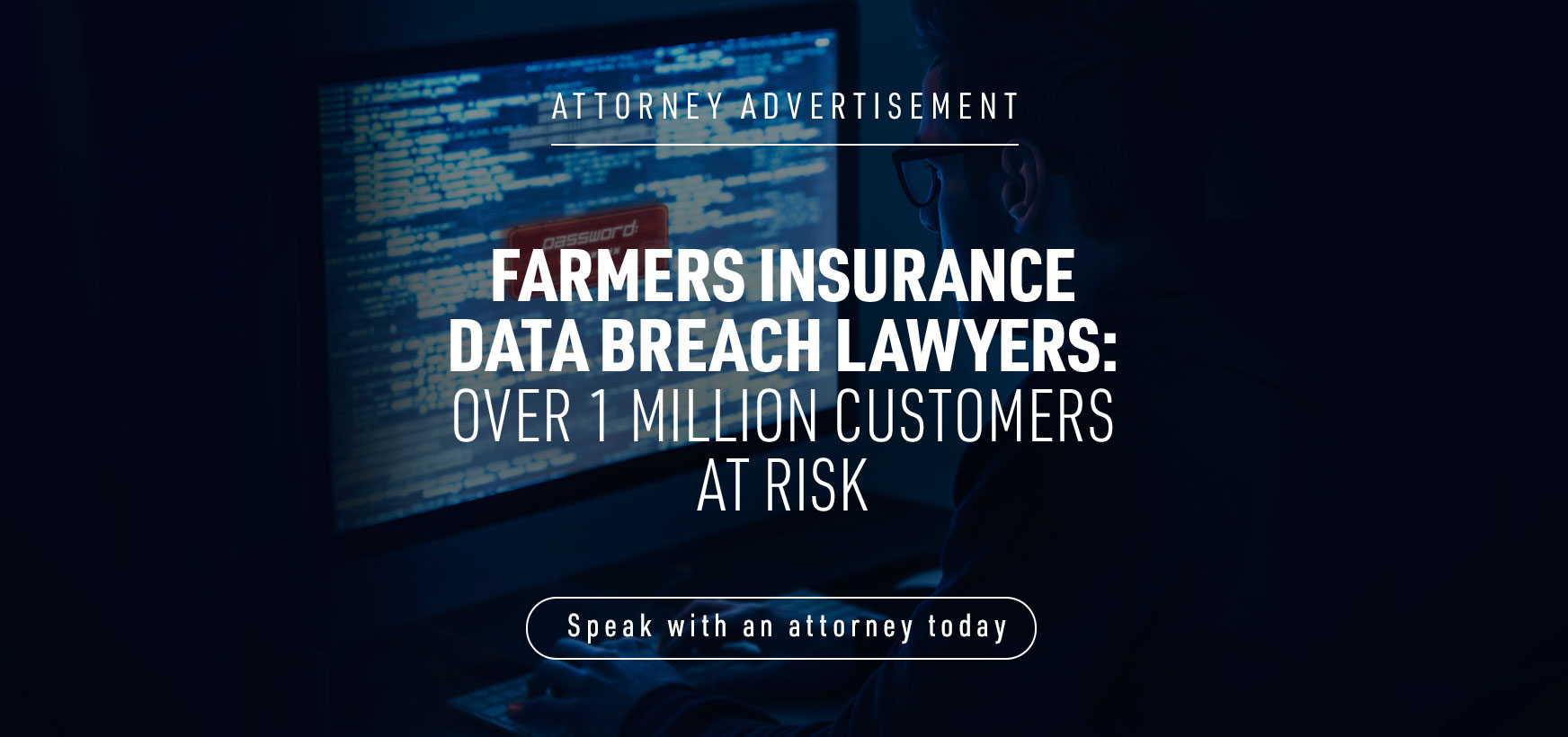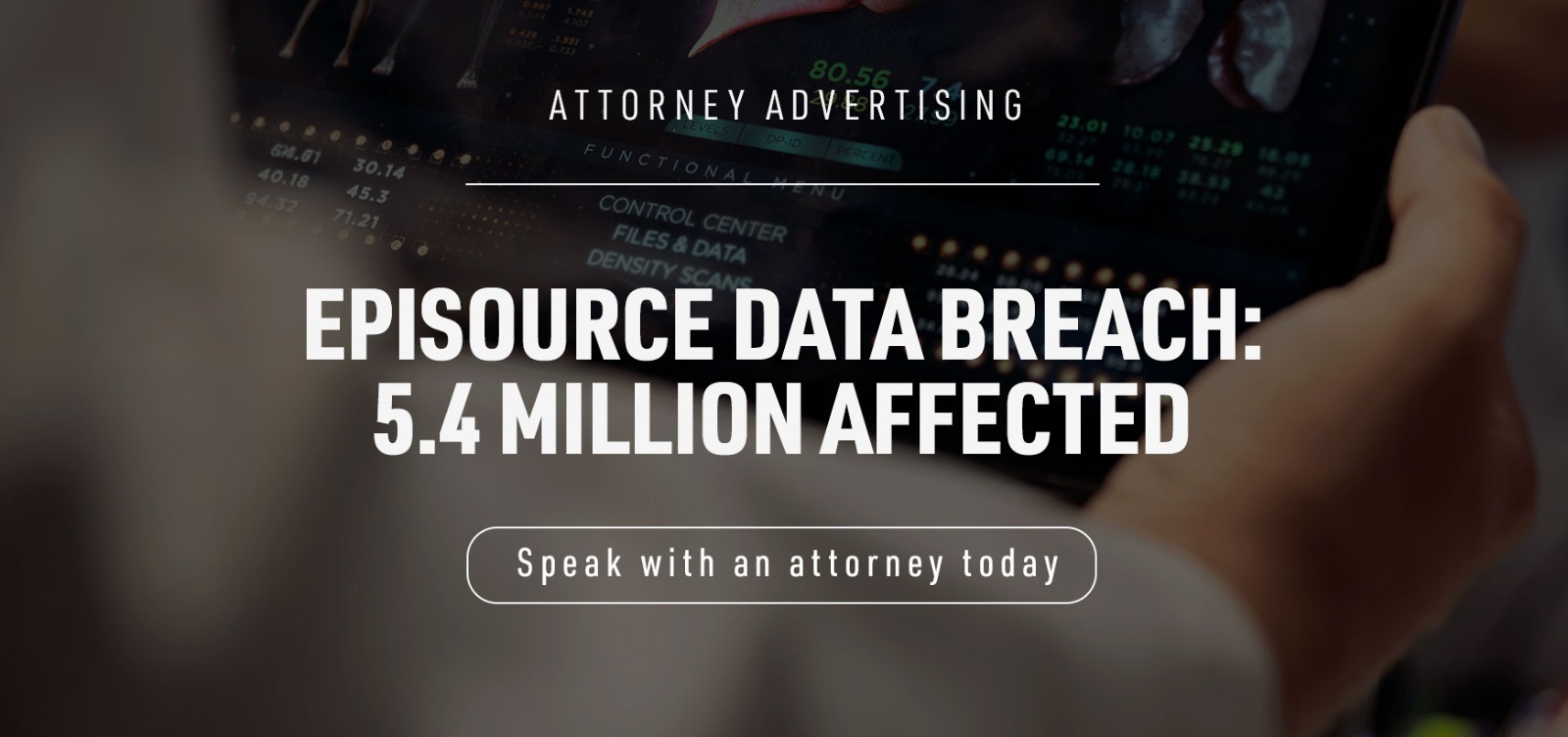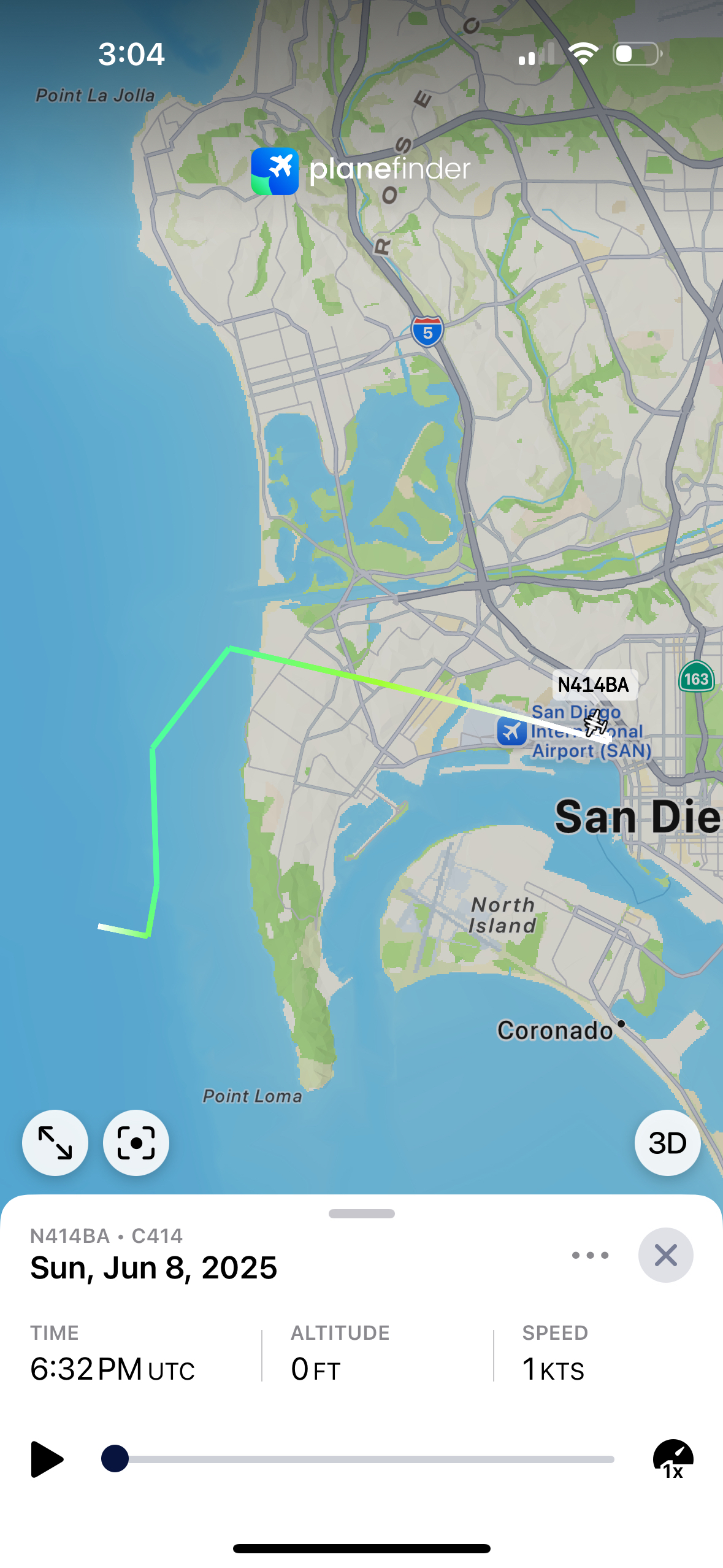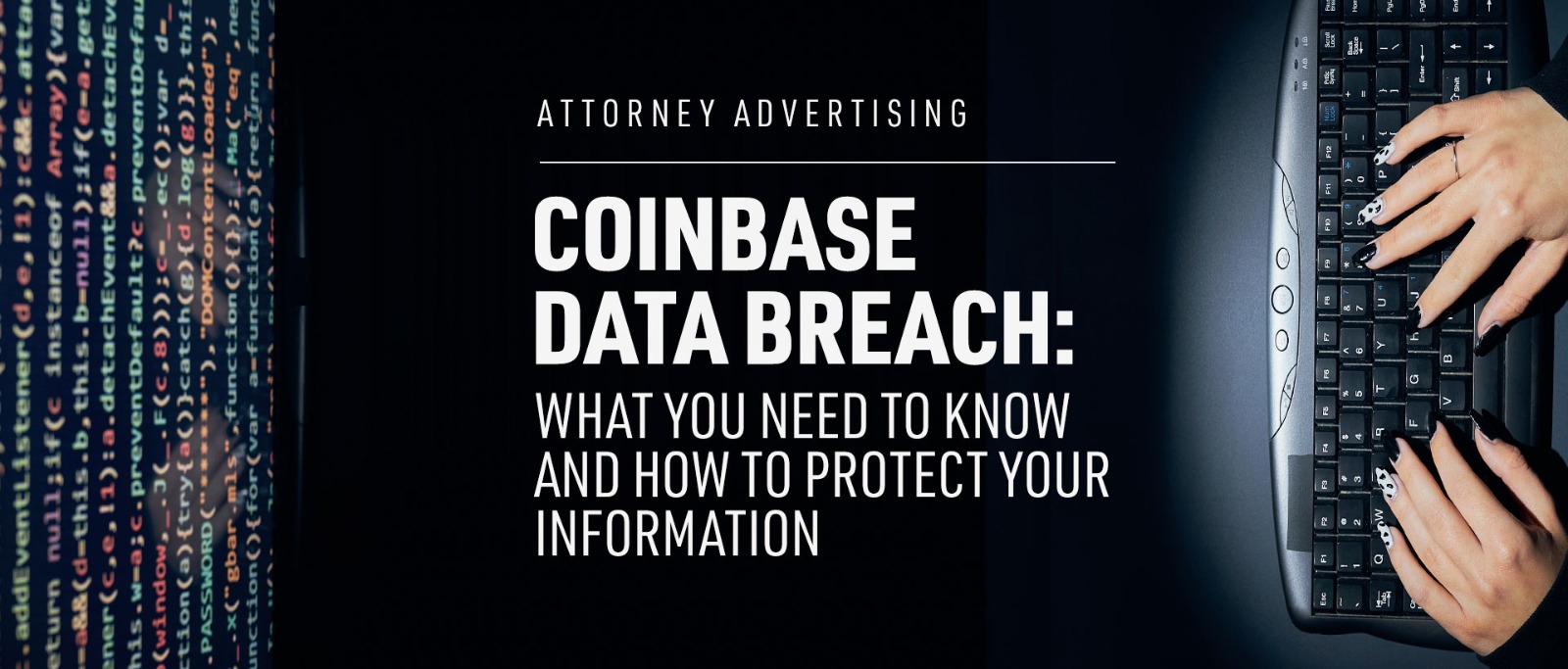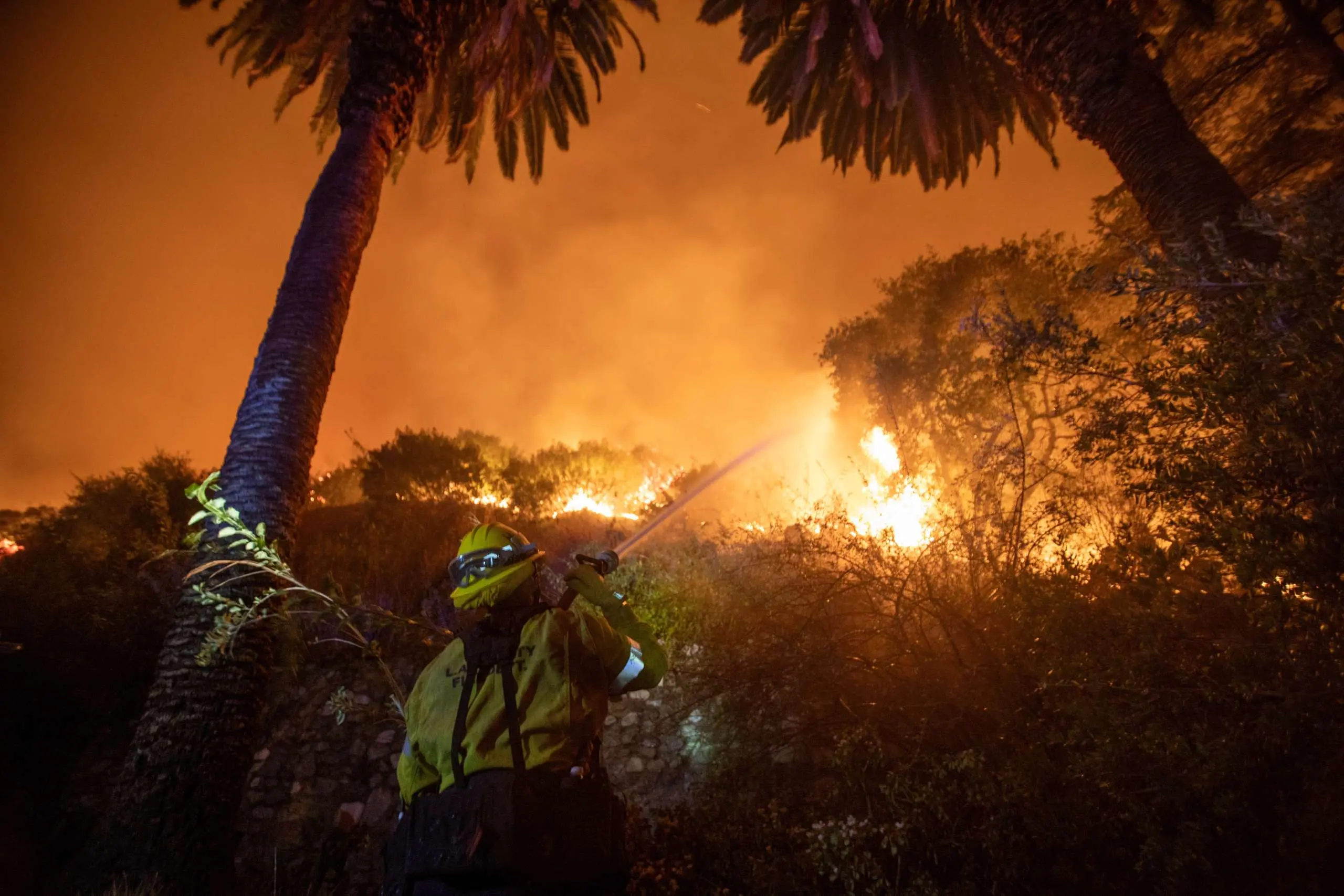- Personal Injury
- Personal Injury
- Right textCaseyGerry undertakes all the financial risks of litigation. We are only paid if we win your case WE’RE HERE FOR YOU! Get Help Now!
- Complex Litigation
- Complex Litigation
- Right TextCaseyGerry undertakes all the financial risks of litigation. We are only paid if we win your case WE’RE HERE FOR YOU! Get Help Now!
- About Us
- About us
- Right TextCaseyGerry undertakes all the financial risks of litigation. We are only paid if we win your case WE’RE HERE FOR YOU! Get Help Now!
- Results
- Results
- Right TextCaseyGerry undertakes all the financial risks of litigation. We are only paid if we win your case WE’RE HERE FOR YOU! Get Help Now!
- Resources
- Resources
- Right TextCaseyGerry undertakes all the financial risks of litigation. We are only paid if we win your case WE’RE HERE FOR YOU! Get Help Now!
- Contact
- English
- Home
- Personal Injury
- Complex Litigation
- About Us
- Results
- Resources
- Contact
- Español
- English






